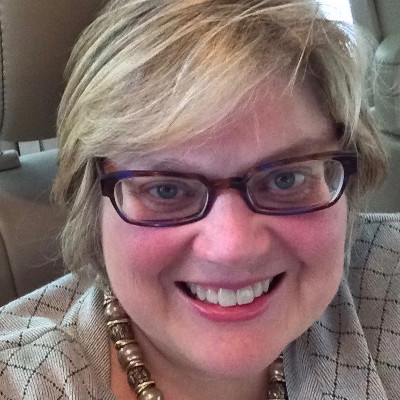ACS Updates HPV Vaccination Recommendations to Start at Age 9

The American Cancer Society (ACS) has updated its guideline for human papillomavirus (HPV) vaccination. New recommendations are for healthcare providers to routinely offer the HPV vaccine series to boys and girls between ages 9 and 12.
For most children younger than 15, HPV vaccination is a series of 2 shots. Children who have weakened immune systems and those who get the first dose at age 15 and older need 3 shots.
For any kids who haven’t completed the series, the ACS guideline recommends healthcare providers offer “catch-up” HPV vaccination up to age 26. The ACS does not recommend vaccination after age 26.
These updates came from the ACS’s Guideline Development Group’s (GDG) review and adaptation of the 2019 update from the Advisory Committee on Immunization Practices (ACIP). The ACIP is the main source for US immunization policy and part of the US Centers for Disease Control and Prevention (CDC).
The full, updated guideline was published online July 8, 2020 in CA: Cancer Journal for Clinicians along with an informal patient page.
Why HPV vaccination is important
Almost everyone who is not vaccinated will get HPV at some time in their lives, and though most will never know it. The infection usually goes away on its own and doesn’t cause health problems. But in some cases HPV doesn’t go away. Some types of HPV can cause genital warts, while other types can lead to cancer. The HPV vaccine helps prevent infection by both of these types of HPV.
Most HPV infections that lead to cancer can be prevented by vaccinating children and teens on time. HPV vaccination helps protect girls from cancers of the cervix, vagina, vulva, anus, and throat. For boys, it helps protect them from cancers of the penis, anus, and throat.
“The American Cancer Society has made preventing HPV-related cancers through vaccination one of our highest priorities,” said Debbie Saslow, PhD, lead author of the 2020 ACS Guideline Update. “When we combine improved vaccination rates with the screening and treatment of precancers in the cervix, we have the potential to make history by eliminating cervical cancer.” Saslow is the managing director of HPV and gynecologic cancers at the American Cancer Society.
Helping more people get HPV vaccinations on time
These guideline changes were made to help more people get their HPV vaccinations when it’s most effective and before they are exposed to the virus. “Research is starting to show that more parents agree to vaccination when it starts between ages 9 and 10. Younger children are also more likely to complete the series than those who start between ages 11 and 12,” said Saslow. “Starting vaccinations at a younger age gives more opportunities for a child to complete the series,” she said. Children who are vaccinated on time are also likely to have a stronger immune response.
Offering catch-up HPV vaccinations only when they’re most effective
The new guideline recommends that people between the ages of 15 and 26 be offered a 3-shot vaccination series to reduce their chances of HPV-infection-related cancers. “HPV vaccination is most effective in early adolescence,” Saslow said. “Effectiveness decreases dramatically by age 18.”
Adults ages 22 to 26 should still be vaccinated, but the vaccine will not protect them from as many cancers as vaccination does for children and teens. The ACS does not recommend vaccination after age 26. “ACS guidelines end recommendations for vaccination at age 26 because giving the vaccine to adults older than that isn’t likely to prevent many cancers,” Saslow said.
Summary of new American Cancer Society guideline for HPV vaccination
- Girls and boys should get 2 doses of the HPV vaccine between the ages of 9 to 12.
- Teens and young adults up to age 26 who have not received the HPV vaccine, or have not gotten all of their doses, should get vaccinated, receiving 3 doses if the first shot was given at age 15 or older. Vaccination of young adults will not prevent as many cancers as vaccination of children and teens.
- ACS does not recommend HPV vaccination for persons older than age 26 years.



